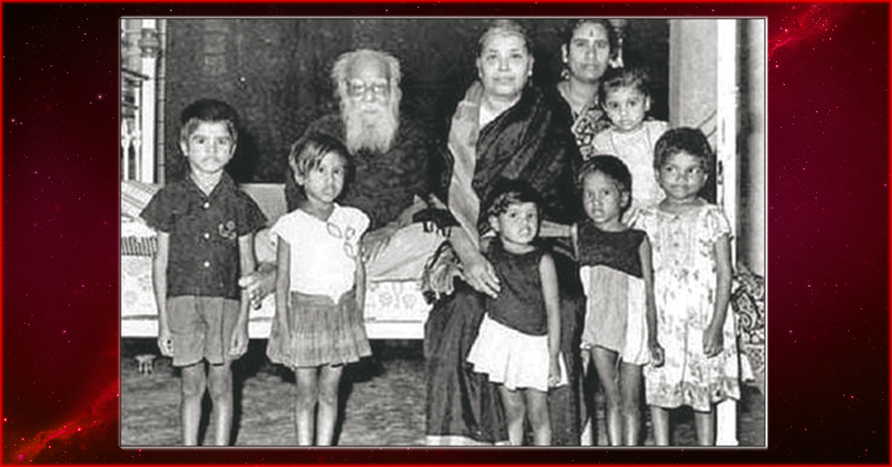Manuraj Shunmugasundaram
The Self-Respect Movement produced Crusaders for Women’s Rights, Inspired Reforms Like Suffrage, Abolition of Devadasi System and Widow Remarriage
The long and chequered history of the women’s movement in the State would be incomplete without acknowledging the complementary role of the Dravidian movement in the 1920s. It was during this decade that both movements made powerful strides. Three pivotal events, which set the stage for women empowerment in the State, warrant our close attention — introduction of suffrage, abolition of devadasi system and the Chengalpet self-respect conference.
The Madras Provincial Legislative Council was the first to extend suffrage to women in 1921. Observers note that while the Bombay legislature too granted women suffrage in the same year, it consumed three days of “hard verbal fighting to wear down the opposition.” In comparison, the women suffrage legislation was passed after an hour-and-a-half-long discussion in the Madras Council. Another glass ceiling was shattered in 1926, when Dr Muthulakshmi Reddy was nominated as the first Indian woman legislator. Reddy, already a trailblazer in the field of medicine, became deputy president of the Madras council after her name was proposed by Justice Party leader P T Rajan. She went on to champion reformist legislations.
In November 1927, Reddy proposed a motion to stop the dedication of young girls to temples (pottu kattudhal). In 1928, she introduced a bill to amend the Madras Hindu Religious and Charitable Endowments Act to improve the situation of devadasis. Of the numerous pro-abolition devadasi associations that held regular meetings across the presidency to express support, the ‘Tanjai Zilla Devadasi Sangam’ led by Moovalur Ramamirtham Ammal was the most prominent. A Bill, enacted in 1929, freed devadasis from their bondage, enabling them to receive land or wages as compensation for performances in temples. The Act of 1929 remains a watershed victory for women’s rights over rigid religious beliefs.
Conservative Hindus and non-reformists, including some devadasis themselves, opposed the abolition, thereby making the contributions of Ramamirtham Ammal and Reddy exceptional. In one interview, Reddy argued, “the degradation of one woman is the degradation of the whole sex” and that “of all the laws, rules and regulations which for centuries have helped place women in a position of inferiority, none has been so powerful in creating in the minds of men and people a sentiment of scorn and contempt for women as the degrading idea of the double stand of morals”. Having witnessed women’s movements in other parts of the world, Reddy concluded that “women alone can protect women’s interests”. Interestingly, identical sentiments were reiterated by Periyar in his book ‘Pen En Adimaiaanaal’ (Why Were Women Enslaved).
Periyar’s Self-Respect conference held in Chengalpet on February 17 and 18, 1929 was a landmark event for its sheer focus on women’s issues. Among the resolutions taken at the conference the prominent ones were: equal rights to property and inheritance for women as men; age of marriage to be fixed at 16 years; prohibition of child marriage; allowing marriages to be terminated at the will of each party and abolition of restrictions on remarriage; freedom to parties in a marriage to choose partners irrespective of caste, creed and race and equal rights for women to practise any profession. In his inaugural address, then chief minister P Subbaroyan said “women’s progress is essential for the progress of the self-respect league”.
For many gender equality pieces of legislations such as Hindu Marriage (Tamil Nadu) (Amendment) Act 1967 and the Hindu Succession (Tamil Nadu Amendment) Act, 1989 or schemes like Dr Muthulakshmi Reddy Ninaivu Intercaste Scheme and Dr Dharmambal Ammaiyar Ninaivu Widow Remarriage Scheme that were legislated decades later, the Chengalpet conference was the inspiration.
Today, when child marriages have been largely eliminated and remarriage is socially accepted, ‘honour crimes’ continue to derail society and the gender pay gap is stifling workplace parity. Young people, especially women, are still denied the freedom to choose their partners. Private enterprises are involved in discriminatory hiring with human resource departments often hiring female employees on the basis of their marital status.
It is now incumbent on the Tamil Nadu government and inheritors of the Dravidian legacy to find a solution to these issues and complete the unfinished business of the Chengalpet conference.
(The author is an advocate and
a spokesperson of the DMK)
Courtesy : The Times of India,





